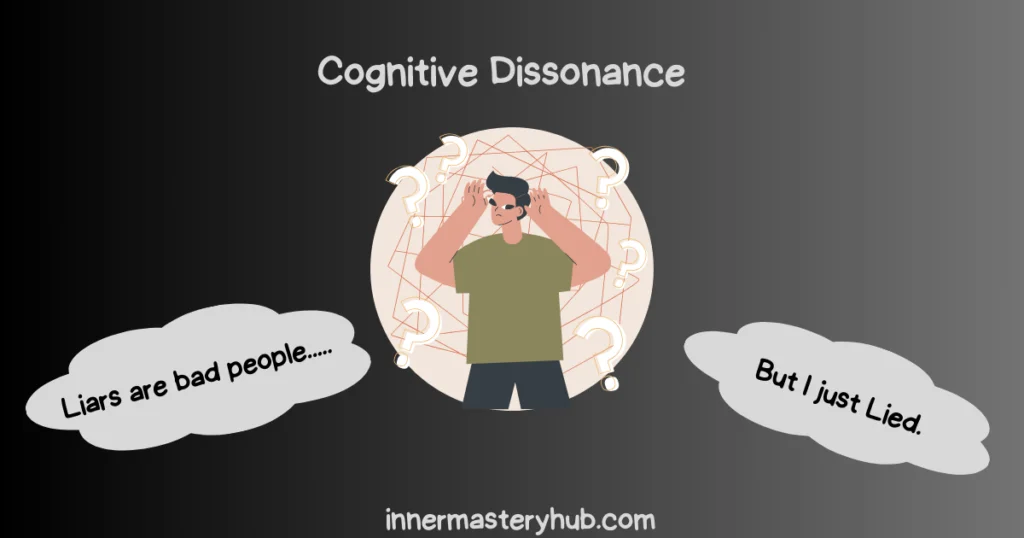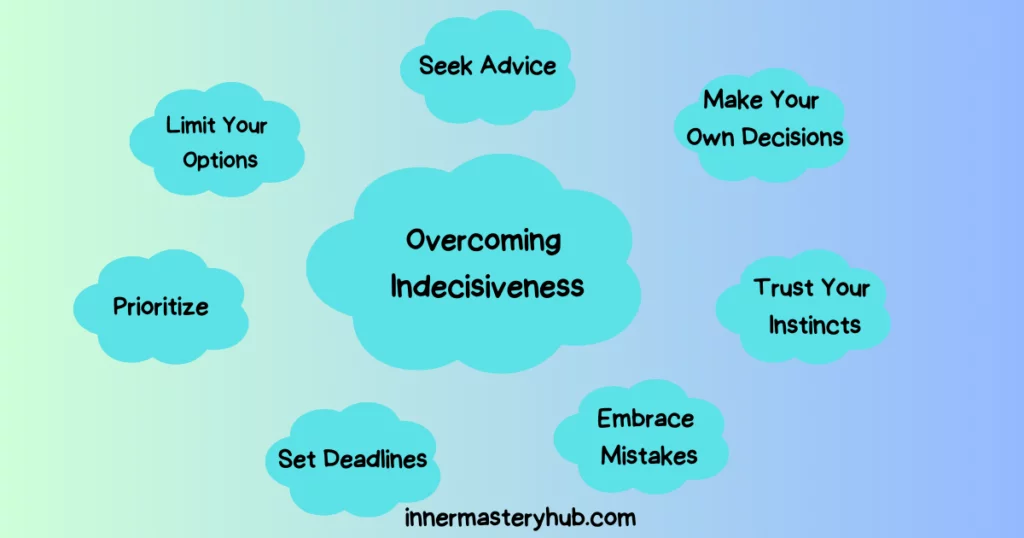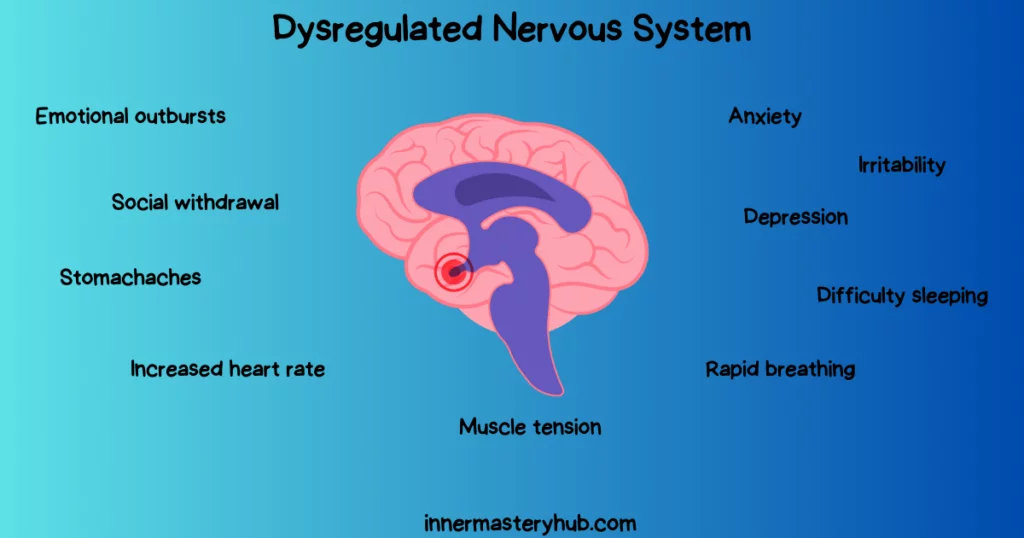We think that intellectual conversations are more than just words; they’re a dance of ideas and a symphony of points of interest. Today, we’re going to share tips about how to communicate your genuine ideas, how to respectfully disagree, and how to develop curiosity to grow as a person.
It can be refreshing and educational to engage in meaningful conversations in a world that is often full of noise. This blog is your guide to the vast world of intellectual conversations, no matter how experienced you are in exploring the depths of intellectual discussions.
Related: 9 Principles of Social Intelligence That Everyone Can Master
Table of Contents
What Is An Intellectual Conversation?
The intellectual conversation is a type of exchange that goes beyond surface-level topics and delves into stimulating ideas, diverse perspectives, and critical examination of subjects. It’s not just about sharing opinions, but also about learning from others and challenging your own beliefs to gain a deeper sense of the world.
Benefits Of Intellectual Conversations
Having these talks is like giving your brain a workout. You get to hear new ideas and ways of thinking, and that’s like feeding your mind a buffet of knowledge. It’s not just about knowing more; it’s about growing as a person. You become more open-minded and ready to roll with the changes life throws at you.
Now, think about your pals. When you jump into these conversations, you’re hanging out with folks who are on the same wavelength. It’s like finding your squad – people who get where you’re coming from. That feeling of genuine connection is priceless. Plus, these talks boost your social game. You get better at what to discuss with others, and that’s a skill that’ll help you in all sorts of situations.
But wait, there’s more! Your work life gets a boost too. Having these deep intellectual conversations can open up new doors. You might come across folks who can help you out in your career, share cool info, or even team up on exciting projects. Being a part of these talks can make you a go-to person – someone people look up to for ideas and solutions.
So, in a nutshell, diving into smart discussions is like a triple win. Your mind gets a good workout, your social connections get stronger, and your professional life kicks into high gear. So go ahead, and keep those brainy chats rolling – you’re in for some awesome benefits!
Related: 8 Important Social Skills For Kids And How To Teach Them
Challenges of intellectual conversations
Getting into deep talks can be a bit tricky sometimes. Let’s unpack the challenges you might face when you engage in intellectual conversations.
First off, not everyone sees eye to eye, right? You might run into folks with different views. Handling those disagreements can feel like walking on a tightrope. You want to keep the intellectual conversations cool without stepping on anyone’s toes.
Then, there’s the balancing act. It’s awesome to chat with people who think like you, but you also want a mix. Finding that sweet spot between having buddies who get you and exploring new ideas can be like trying to juggle.
And, let’s talk about talking across genders. Sometimes, it’s smooth sailing. Other times, things get a bit sticky. People might mix up deep insights with something more personal. Figuring out that space without any hiccups can be a bit tricky.
But hey, it’s not all gloomy. Every challenge is like a puzzle waiting to be solved. Figuring out how to keep the enriching intellectual conversation flowing, respecting different views, and making sure things stay professional – that’s the real deal.
Related: 12 Genius Ways to Change the Subject Like a Social Chameleon
Intellectual Conversations And Critical Thinking Skills
Being in intellectual talks is great for your brain in many ways. In the first place, it makes you think critically by making you look at the subject matter, arguments, and different points of perspective. This improves your ability to think deeply and critically.
Besides that, these conversations are like a problem-solving boot camp. They push you to look at complicated issues from different points of view and use this skill to deal with problems in different areas of your life. Smart conversations aren’t just chats; they’re like a workout for your brain, making you a thinking and problem-solving champ!
Intellectual Conversation Topics
Finding the right topic for an intellectual conversation can be half the fun! It depends on your interests, the other person’s interests, and your desired depth of discussion. Here are some conversation starters:
Current Events and Society
- The impact of artificial intelligence on various aspects of society.
- The ethical considerations of gene editing and human augmentation.
- The future of work and the changing job market.
- The rise of misinformation and its impact on democracy.
- The effectiveness of different approaches to solving climate change.
Philosophy and Science
- The nature of consciousness and free will.
- The search for extraterrestrial life and its implications.
- The meaning of life and the quest for purpose.
- The role of emotions in decision-making and morality.
- The relationship between mind and body.
Art and Literature
- The role of art in shaping culture and social change.
- The interpretation of complex literary works and their enduring relevance.
- The evolution of different artistic styles and movements.
- The exploration of diverse creative expressions across cultures.
- The influence of technology on storytelling and art creation.
History and Technology
- Future of Artificial Intelligence
- The lessons learned from historical events and their application to the present.
- The ethical considerations of developing and using new technologies.
- The impact of technology on communication, social interaction, and privacy.
- The potential future of technological advancements and their societal implications.
- The role of individuals and communities in shaping technological progress.
Personal Growth and Relationships
- The importance of mindfulness and self-awareness in navigating life.
- The challenges and rewards of building and maintaining interpersonal relationships.
- The pursuit of happiness and self-consciousness.
- The impact of different cultural values on our perspectives and choices.
- The role of personal responsibility and social justice in society.
Related: Unlocking Success: Becoming Socially Adept in Today’s World
How to make intellectual conversation?
Ask questions, listen, and find common ground to have a conversation toward mutual interests. Being respectful and patient when criticizing views is an important conversation skill. The purpose is to learn from each other, explore various insightful viewpoints, and adapt your opinions in a safe and judgment-free environment. Opt for a quiet, distraction-free location where you can both focus on the conversation.
First off, be curious about the world around you! Ask questions about stuff that interests you and the other person. This opens the door to interesting talks. Listen actively – pay attention to what they’re saying. Respond with your thought-provoking ideas, and don’t be afraid to share your opinions.
Try to explore different angles of a topic. It’s like looking at a gem from various sides – you discover more facets. Don’t shy away from topics that make you think a bit deeper. Intellectual talks thrive on those.
Remember, it’s okay to not know everything. Admit when you don’t know something and be willing to learn from others. Prioritize the chance to learn from each other. Share interesting articles, books, or experiences. This not only adds spice to the conversation but also expands everyone’s horizons.
And lastly, keep it respectful. Everyone has different views. Even if you disagree, stay cool. Intellectual chats are about understanding, not winning. So, dive in, be curious, share your thoughts, and enjoy the journey of smart intellectual conversations!
It’s important to remind yourself, that intellectual conversations are a journey, not a destination. Don’t be discouraged if some discussions are more challenging than others. With practice and an open mind, you can cultivate your ability to engage in stimulating knowledgeable dialogues that benefit both you and those around you.
FAQS
How do you hold an intellectual conversation?
Actively participate by hearing carefully, asking good questions, and making your points clear. Be open-minded, respect people who have different views, and don’t attack people personally. Back up your points with facts and reason, and be open to changing your mind if you learn something new. For a good trade, keep an open mind and a humble spirit.
What are stimulating conversations?
In talks that stimulate the mind, people share ideas that make each other think in new ways. They cover a wide range of themes, promote intellectual curiosity, and teach people how to think critically. These intellectual conversations make people more creative, help them solve problems, and open their minds to new points of view. These kinds of talks can help you think more quickly and help you grow as a person and as a thinker.
What is a smart conversation?
Smart conversation is deep, intelligent, and full of thoughtful ideas. People who take part share deep insights, communicate clearly and listen to different points of view. It goes beyond small talk and into deep, important topics with a focus on knowledge, analysis, and mutual respect. This makes for a mentally stimulating and enriching conversation.
How do you stimulate someone’s mind?
To stimulate someone’s thoughts, you need to give them interesting and thought-provoking information. Tell them interesting things, ask them open-ended questions, and push them to think critically. Look into a range of topics, present fresh points of view, and question accepted beliefs. Encourage interest, give people chances to learn, and listen to make a space that encourages mental growth and stimulation.
What is an example of a smart conversation?
Talking about the moral effects of new technologies like artificial intelligence could be a smart topic for a talk. Participants could look at it from different points of view and think about how it affects privacy, jobs, and society as a whole. Arguments based on evidence, critical thinking, and a shared desire to understand complicated problems would all be part of the conversation.
How does a smart person talk?
A smart person communicates with clarity, precision, and depth. They express ideas coherently, use a varied vocabulary, and tailor their language to the audience. Smart communicators actively listen, ask insightful questions, and contribute thoughtful perspectives. They prioritize substance over superficiality, fostering engaging and intellectually stimulating conversations.






